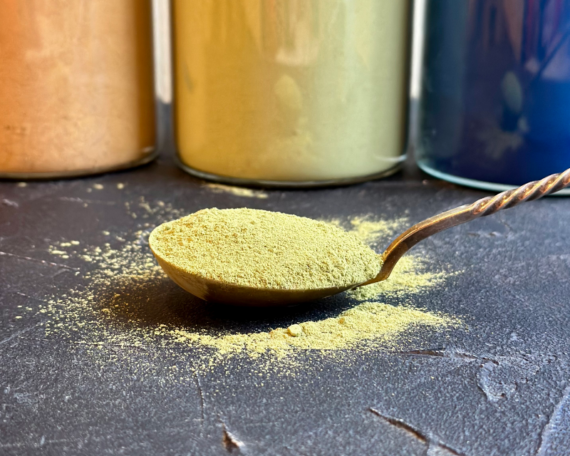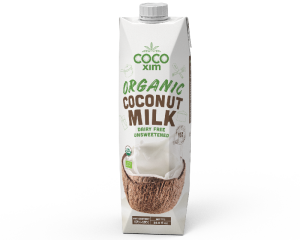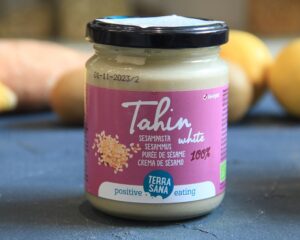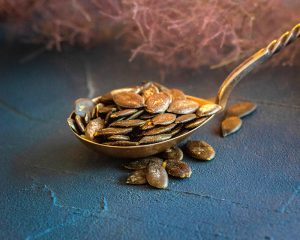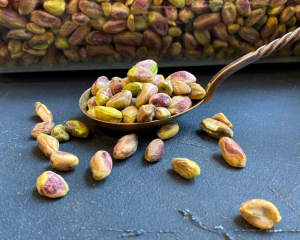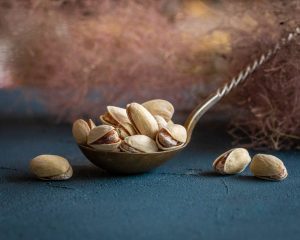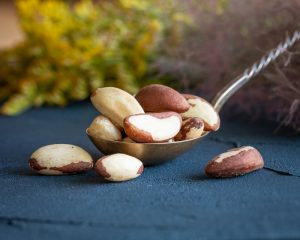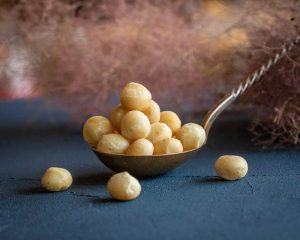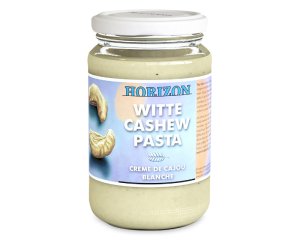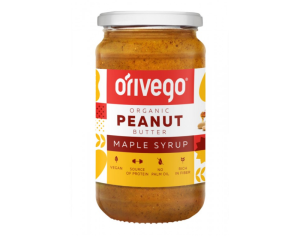Organic Neem leaf powder
From 1.70€
Neem(Azadirachta indica) is a tree native to the Indian subcontinent but also growing in various parts of South-East Asia. Revered for its many benefits, neem has been used for centuries in Ayurveda, where it is called the “divine tree” or “nature’s pharmacy”. This evergreen tree thrives in the dry regions of India and almost all parts of the neem tree, from the leaves to the bark and seeds, are used for their myriad benefits beyond health.
Traditional use of neem in Ayurveda
In Ayurveda, the ancient system of Indian medicine, neem is often used to treat a wide range of ailments, from skin diseases to digestive problems.
Skin and hair care – Neem leaves and oil are traditionally used for their anti-inflammatory, antibacterial and antifungal properties. Neem-based preparations are applied topically to relieve skin problems such as acne, eczema and psoriasis. Neem oil is also a popular natural remedy for promoting hair and scalp health.
Oral health – Neem twigs have been used in India for centuries as natural toothbrushes because of their antibacterial properties. Neem-based toothpastes and mouthwashes remain popular.
Gastrointestinal health – Neem is used to treat various digestive disorders including indigestion, bloating and intestinal parasites.
Insect repellent – Neem’s natural insect repellent properties make it a common ingredient in mosquito repellents and agricultural pest control products.
The benefits of modern neem powder
The benefits of neem have not disappeared over time and have been recognised in modern wellness and scientific research. Studies have shown that neem has detoxifying and cooling properties. It also boosts immunity and removes toxins from the digestive tract.
Anti-inflammatory properties – neem contains compounds such as nimbin and nimbidine, which have strong anti-inflammatory properties. This is why neem powder is useful in the treatment of diseases characterised by inflammation, such as arthritis.
Antibacterial and antifungal properties – make it effective for treating and preventing infections, both internally and externally.
Skin care – its anti-tanning, anti-ageing and skin-cleansing properties are still used in skin care products such as creams, lotions and masks.
Dental health – Modern dental care products often contain neem, which has been shown to fight bacteria and plaque to promote oral health.
Attention
Excessive use of neem powder can cause digestive problems such as upset stomach and diarrhoea. It should be used in moderation.
Neem powder is not recommended for use in pregnant or lactating women as it may have contraceptive effects.
Neem powder should not be used by both partners when planning to have a baby.
Use
Neem powder is versatile and can be used in many different ways.
Skin care – make masks or creams by mixing neem powder with water or other natural ingredients such as honey or yoghurt.
Hair care – mix neem powder with water or oil to create a nourishing hair mask that promotes scalp health and hair growth.
Insect repellent – Neem powder can be mixed with other ingredients to create natural insect repellents for personal use or for gardening.
Oral use – Neem powder should be used sparingly. It has a bitter taste.
The recommended daily dose is 1/2-1 teaspoon. 1/2 teaspoon twice a day after meals with water. Do not use for more than 3 months.
Sources:
https://global.planetayurveda.com
https://www.webmd.com
NOTES. The information provided here should not be interpreted as advice on treatment or other health issues. We encourage you to make personal health decisions based on your personal knowledge and consideration of different sources of information.
Organic Neem Leaf Powder 100%
-
Store in a dry, cool and dark place.


